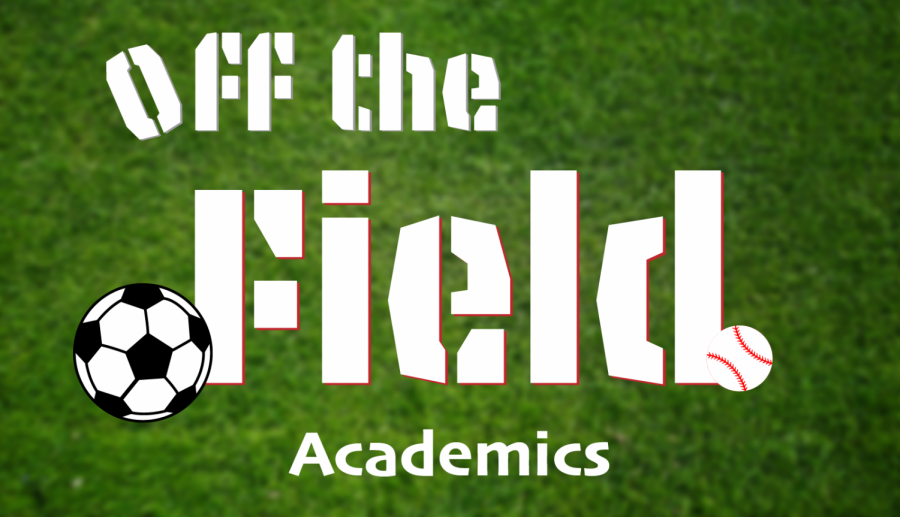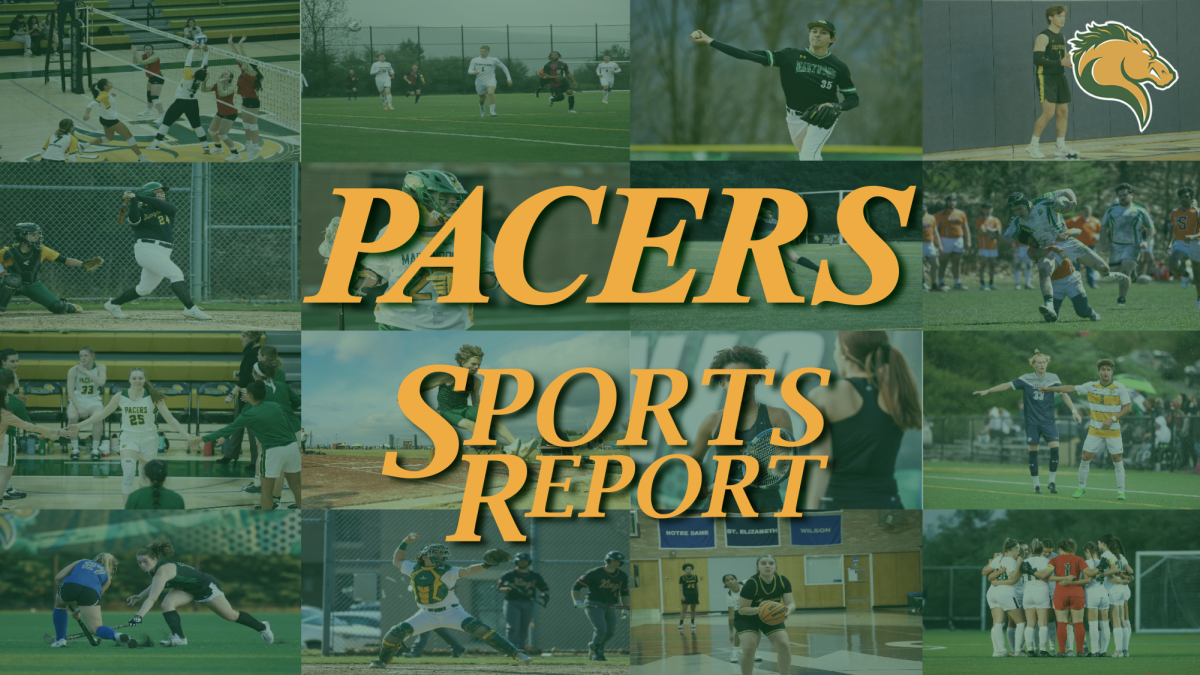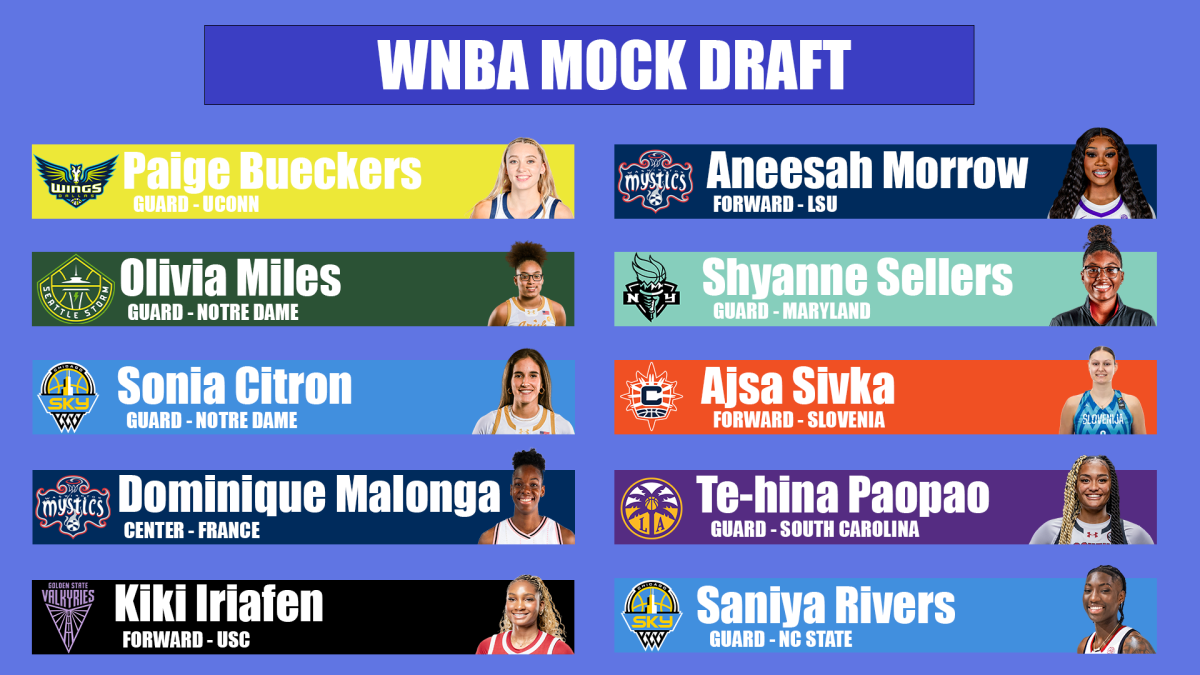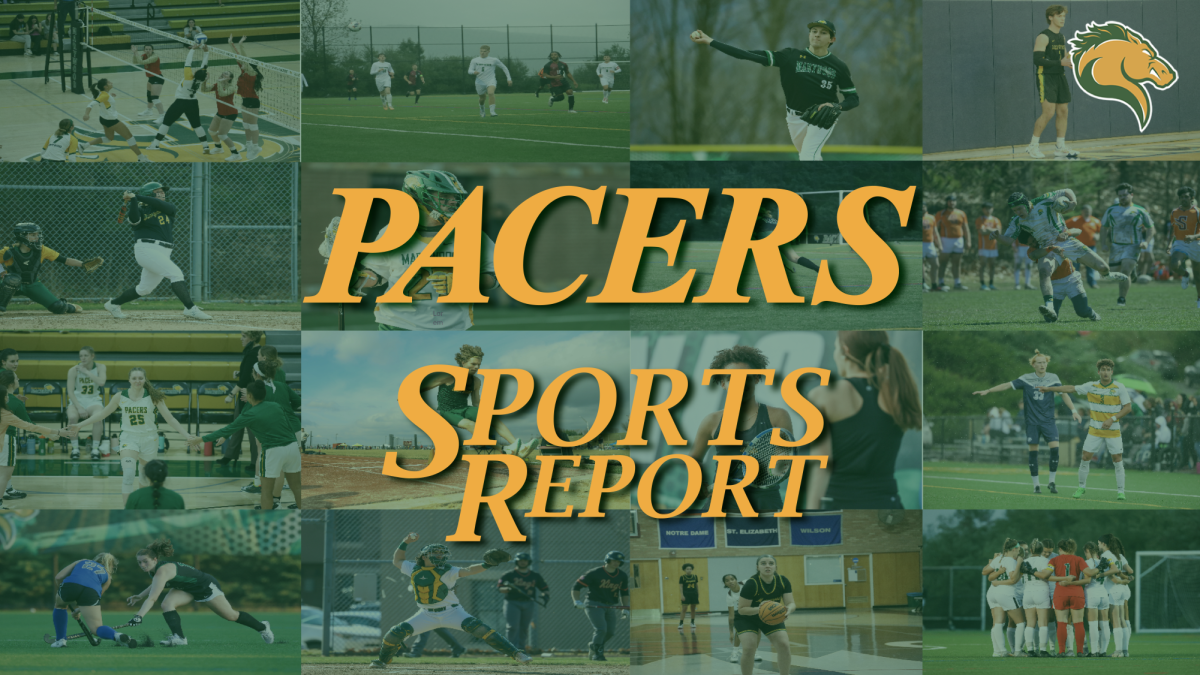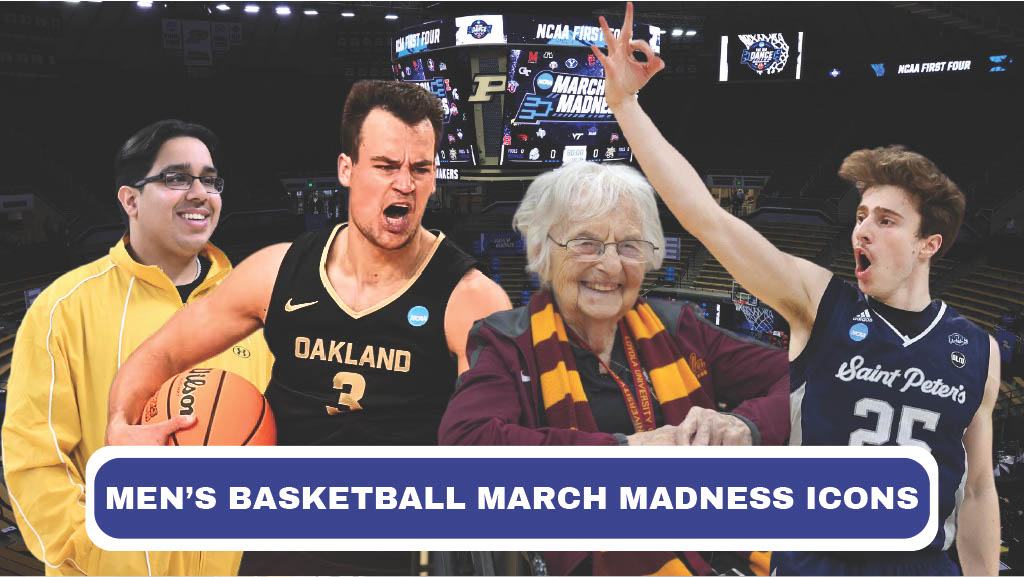During these trying times, everyone has had to do their part to keep themselves and those around them safe. For everyone at Marywood University, that job really started when students were sent home for the remainder of the semester back in March.
The decision came shortly after most professional sports leagues and the NCAA suspended play. The transition to online classes was a difficult one, both for students and for the faculty responsible for offering them a good education.
As student-athletes made the transition back home, some found it difficult to stay focused on school work and reached out to their coaches about how they could get help.
Men’s Basketball Head Coach Enrico Mastroianni is one of those coaches who has been working to assist his players academically during the online transition.
“We talked to the guys about how they can get help,” said Mastroianni. “Reach out to their faculty and see if there’s anything available. The guys have been, like I expected they would be, proactive. They reached out ahead of me even talking to them. They said that the adjustment originally was a little challenging to the online environment, but now that they got it under control everything seems to be working out well.”
Head Softball Coach John Butash has been in contact with his team multiple times a week and has offered any help his players need.
“I’ve been texting or calling usually every three or four days with everybody, just checking in. Trying to obviously focusing on their grades and making sure they try to stay focused with school,” said Butash said.
Mastroianni also pointed out how much this shutdown could effect Marywood sports as a whole going forward.
“I think it’s going to affect everybody. The main thing is that health and safety is of the upmost importance to all of us, and it has to be for the players the athletes the coaches etc. I imagine it will change certain things. I imagine it will change some of the ways that we watch sports that people attend sports but I think whatever it is we have to be grateful that we have an opportunity to keep playing. Everybody is going to feel it from a player coaching perspective to a fan perspective, administratively it’s going to be a challenge.”
Players often look up to their coaches as role models and someone to go to for advice not just in sports, but in life in general. So, Butash and Mastroianni, like many other coaches at Marywood and at schools across the nation, have tried to be there for their players if they need help with anything in their lives.
As Director of Athletics and Recreation Patrick Murphy pointed out, “Besides your mom and dad, your coach is usually the next closest person to you.” That being said, it is usually easy for an athlete to approach a coach for guidance on their academics, especially during times like this.
Freshman Men’s basketball player Mike Strouse said he believes his coaches helped make his online transition significantly easier.
“They are always there to make sure everything is going smoothly,” said Strouse. “We had weekly conversations via text and some zoom calls as well. Being a freshman, he definitely made me feel more comfortable with the transition.”
Everyone has been feeling the effects of the pandemic and college athletes and coaches are some of those affected the hardest. For the players, having the support of their coaches has helped to make the situation easier.
Contact the Writer: [email protected]
Twitter: @B_Murphy_MU



